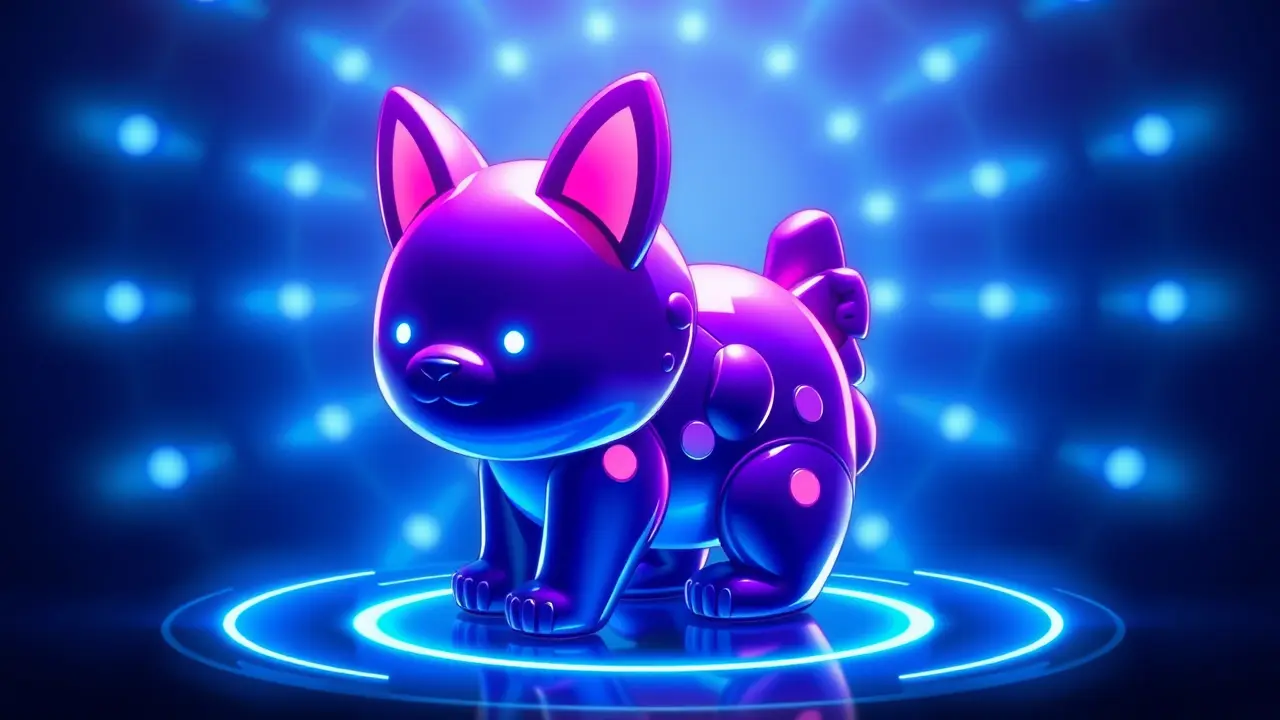Apple CEO Announces iPhone Air China Launch Next Week
In a move that feels less like a corporate announcement and more like a carefully orchestrated diplomatic maneuver, Apple CEO Tim Cook’s Monday post on Weibo confirming the iPhone Air's official debut in China next week, with pre-orders kicking off this Friday, is a masterclass in reading the geopolitical room. This isn't just another product launch; it's a strategic play on a chessboard where the pieces are global supply chains, regulatory approvals, and cultural soft power.Cook’s declaration landed with uncanny timing on the very same day that state-owned telecom giant China Unicom announced it had received the green light from government regulators to conduct commercial trials for eSIM functions on smartphones—a technological feature long anticipated for a device like the rumored iPhone Air. This synchronicity is far from coincidental.It speaks to the intricate dance Western tech giants must perform in China, a market that is both indispensable and intensely scrutinized. To understand the full weight of this announcement, one must look beyond the specs of the new device and into the context of Cook’s second visit to China this year, a trip that has so far included a fascinating detour from boardrooms to toy stores with a meeting with Hong Kong artist Kasing Lung, the creator of the wildly popular Labubu characters for Pop Mart.This engagement with a pop culture phenomenon, a brand built on 'blind boxes' and collectible art toys, is a brilliant, almost anthropological exercise in brand alignment. It’s Apple saying it understands not just China’s market, but its contemporary cultural psyche—the same desire for design, discovery, and community that fuels its own product ecosystem.The relationship between Apple and China is a complex symbiosis. On one hand, China represents Apple's largest international market and the heart of its manufacturing prowess.On the other, it is a landscape of increasing competition from domestic rivals like Huawei and Xiaomi, and a regulatory environment that can shift with opaque and sudden force. The approval of eSIM trials is a significant, and likely hard-won, concession.eSIM technology allows users to activate a cellular plan without a physical SIM card, giving carriers less control and users more flexibility. For a government that maintains a firm grip on digital communication, this is a substantial step, one that undoubtedly required extensive lobbying and assurances from Apple regarding data security and compliance with local laws.The iPhone Air, presumably a lighter, more premium tier in the lineup, is the perfect vessel for this technological leap. Its launch is a test case for the next phase of Apple's China strategy: not just selling devices, but embedding its services and ecosystem deeper into the daily digital lives of Chinese consumers, even as the tech decoupling between the US and China continues to create headwinds.The stakes are monumental. A successful launch reinforces Apple's foothold and demonstrates its unique ability to navigate the complexities of the Chinese party-state.A misstep, or a cooling of relations between Washington and Beijing, could jeopardize billions in revenue and disrupt a supply chain that the entire company is built upon. Cook’s pilgrimage to meet a toy designer, therefore, is as strategically vital as any meeting with a minister.It’s a soft-power offensive, an attempt to weave Apple into the fabric of China's creative and consumer culture, making the brand feel less like an foreign import and more like an integral part of the local scene. As pre-orders open on Friday, the world will be watching not just the sales figures, but the broader signal this sends about the future of global tech interdependence.
It’s quiet here...Start the conversation by leaving the first comment.
